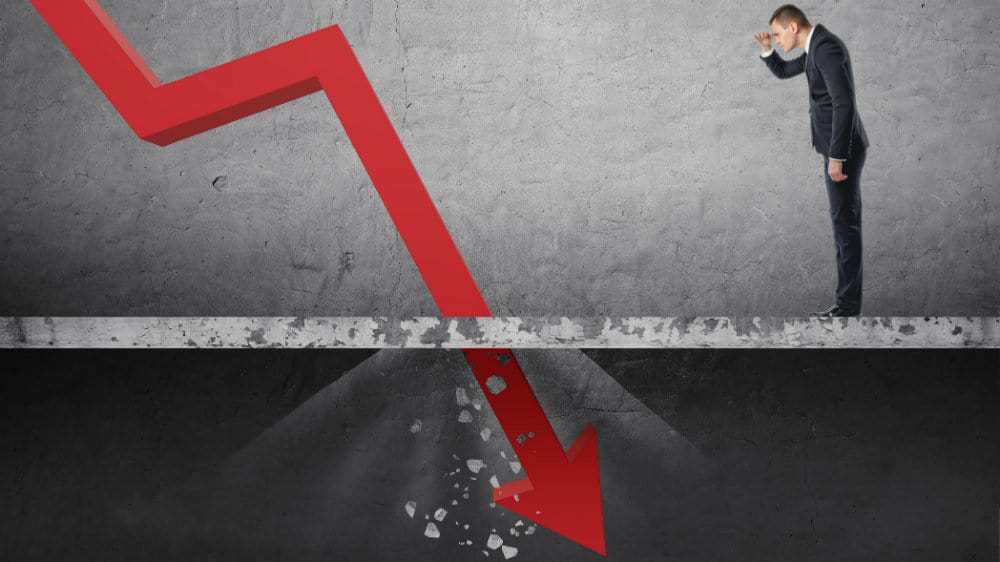You may have seen lots of recent mentions of a Chinese company called Evergrande. It’s likely this business wasn’t even on your radar last week. But what happens with this stock could have far-reaching implications.
I’m going to give you the complete lowdown on what’s going on and how this unfolding crisis could impact your investment portfolio.
[top_pitch]
What do we know about Evergrande?
The Evergrande Group (3333) is listed on the Hong Kong Stock Exchange and it’s the second-largest real estate property developer in China.
Real estate is a booming industry in China and has been for years. So to hold the number two spot in such a big sector is a massive deal. This is no cowboy builder outfit. Along with property development, it is also involved in plenty of other ventures such as:
- Wealth management
- Owning resorts and amusement parks
- A mineral water brand
- Part-ownership of football club Guangzhou F.C.
The company has been hitting the news recently due to a debt problem that’s so large it has the potential to spill over into markets around the world.
How much does the Evergrande Group owe?
The group currently owes the princely sum of around $300 billion (£220 billion).
Some reports claim that the company even asked its own staff to lend it money to help it out of this pickle!
As big as it is, the debt itself isn’t the issue. The main problem is that the company is struggling to make payments on the debt.
Owing so much is like having a mortgage. Obviously, it’s a huge amount, but as long as the regular monthly payments are made, it’s perfectly normal to owe such a sizeable debt.
[middle_pitch]
Is there potential for Evergrande to cause a financial crisis?
It’s very unlikely, but the global financial system is an intricate web of money and borrowing.
We don’t know just yet how far the shock wave would be felt if this real estate giant was to topple. The failure of the business itself isn’t a major concern, but their outstanding debts are. If this infectious issue spreads, it could cause ‘debt contagion‘.
The money they owe could be vital to other businesses. This knock-on effect could seriously damage the whole Chinese economy. And pain felt in China could potentially be felt elsewhere in the world.
How might this impact your portfolio?
You might have already noticed that your portfolio has taken a small hit as markets around the world suffered a knee-jerk reaction to the Evergrande news. The immediate loss may have been more severe if you invest in Chinese stocks or an emerging markets fund.
This is mostly due to fear about what this credit problem could lead to if it remains unresolved. However, there’s no need to jump to panic stations just yet. Economies around the world learnt a lot from the 2008 financial crisis. We have a better idea of what does and doesn’t work during a credit meltdown.
As long as you have a well-diversified portfolio, anything other than a complete stock market crash, should have a minimal impact. It’s hard to say just yet what the overall result will be. Financial markets are complex, so we may not understand the lasting effect for a while.
There are always going to be unexpected issues when it comes to investing. The best course of action is often to keep calm and carry on. If you try tinkering with your investments because you think you know how things will unfold, you could do more harm than good.







